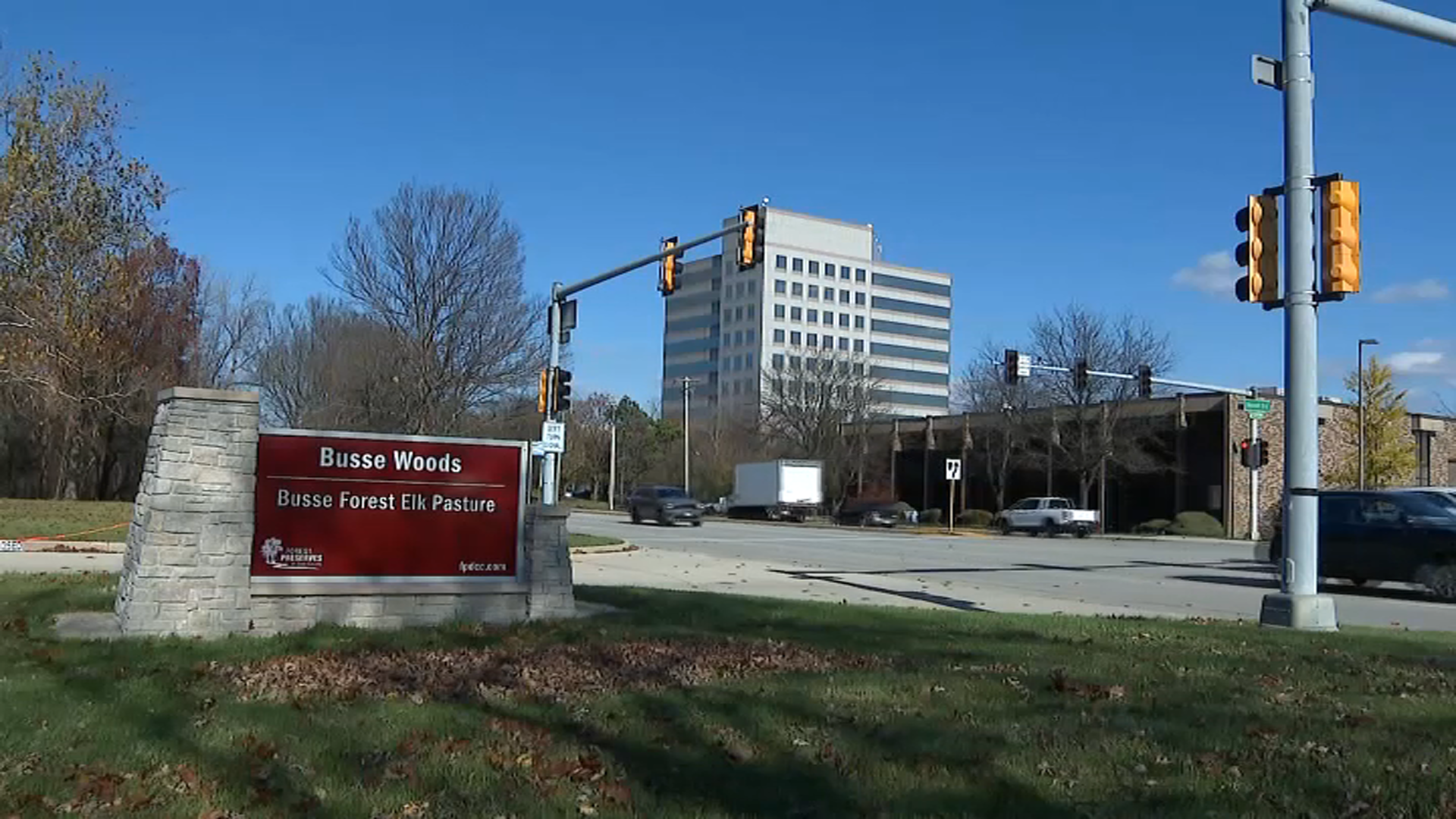New travel advisory policies implemented by the city of Chicago will take effect this week, and the city’s top doctor is elaborating on why the new mitigations have been put into place.
Previously, any individual traveling to a high-risk COVID area was encouraged to take a COVID test and to quarantine for at least five days after returning, but under the new guidance, those parameters have been tweaked.
Dr. Allison Arwady, commissioner of the Chicago Department of Public Health, says that the new metrics and recommendations are in line with changes made by the CDC.
“If you look across the U.S., there are very few counties that are still at high-risk,” she said. ‘We’ve made a decision (to change because) the CDC didn’t have a tool like this for a year and a half, where you could easily see every week what is happening at a county level across the United States.’
The new protocols will follow changes by the Centers for Disease Control and Prevention, categorizing counties as low, medium or high-risk for COVID transmission.
The new metrics, in addition to being more detailed on a county-by-county basis, will give more weight to hospitalizations and hospital capacity, rather than strictly case numbers, according to officials.
“Risk really is local. All epidemiology at the end of the day is local,” Arwady said of the more-detailed statistics used to determine travel risk. “If you’re going to be traveling, I want you to know whether or not you need to be more or less concerned about COVID.”
Local
In medium-risk areas under the new protocols, people who are unvaccinated or at high-risk for severe illness are encouraged to talk to their health care provider about whether they should wear masks, or take other precautions.
For communities that are “high-risk” under the new guidelines, residents will be encouraged to wear masks in public indoor spaces, and to take additional precautions when possible.
Feeling out of the loop? We'll catch you up on the Chicago news you need to know. Sign up for the weekly Chicago Catch-Up newsletter.
Unvaccinated residents will also be urged to quarantine for five days, and to take a COVID test within three-to-five days, of travel to a “high-risk” area.
Arwady says that even vaccinated individuals should keep an eye on the city’s COVID transmission maps for the rest of the U.S., and should bring their cards with them when they travel.
“There are places that will continue to require it,” she said. “I would encourage you when you travel to pop one of those at-home COVID test packs right in your bag.”
All travelers are encouraged to be up-to-date on COVID vaccinations, and to self-monitor for symptoms of the virus. Chicagoans are also encouraged to pack an at-home COVID test for use if symptoms develop while traveling.
As things stand, 12 states and territories are under a “high-risk” on Chicago’s travel advisory, including Texas, Kentucky, Colorado and Nevada.



